Articles
Interview: Filmmaker Scott Derrickson on Horror, Faith, Chesterton and Deliver Us From Evil
Scott Derrickson is a very nice guy who makes movies about things that aren’t very nice.
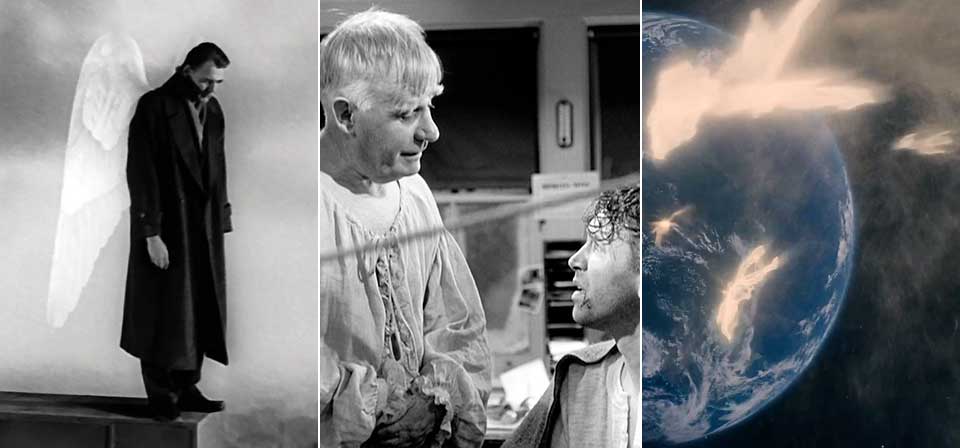
The trouble with angels: Heavenly messengers according to Hollywood
The popular eschatological confusion that we “become angels” when we die may be a headache for catechists, but only a curmudgeon would object to a Hollywood fable taking this sort of creative license. Still, there’s no reason for all movie angels to be as angelically incorrect as Clarence.
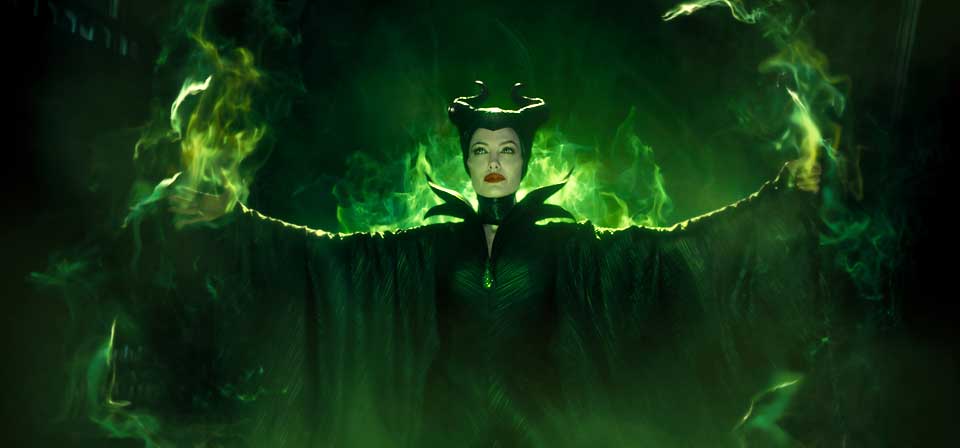
Maleficent, Rape and Sympathy for the Devil
A story like this demands to be seen through the lens of what biblical scholars call “redaction criticism,” which basically means “What was changed, added or deleted in this retelling of the story, and what do those changes tell us about the storyteller’s intentions and outlook?”
So, how gay is How to Train Your Dragon?
“How to Train Your Dragon’s Gobber the Belch Comes Out As Gay,” headlines screamed in the weeks prior to the release of DreamWorks’ animated sequel How to Train Your Dragon 2.
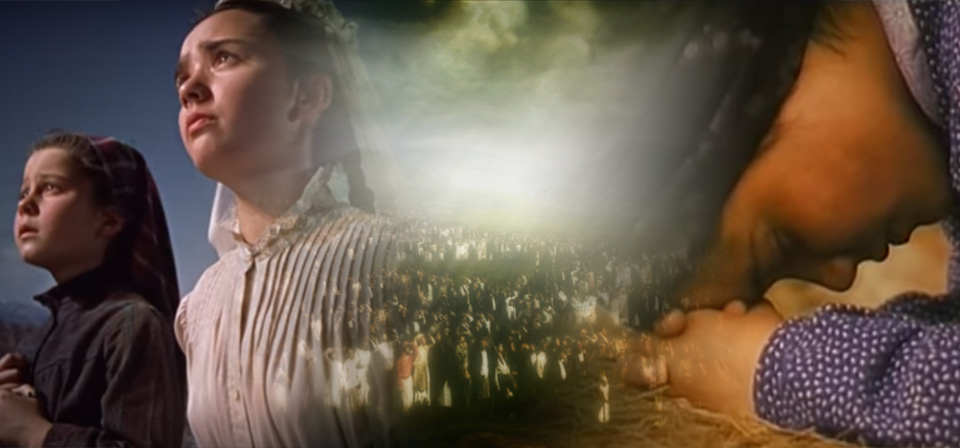
Our Lady of Fatima at the Movies
I have never seen a bad movie about Fátima. Three stand out to me: The Miracle of Our Lady of Fatima (1952) is the best known; Apparitions at Fátima (1992) is the most authentic; and The 13th Day (2009) is the most artful — and my favorite of the three.
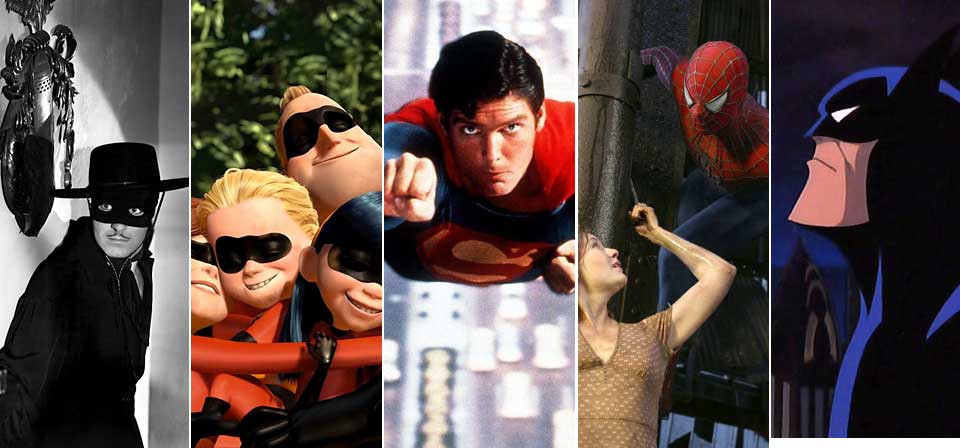
Top 10 Superhero Movies
Why do we love costumed crusaders? Larger-than-life heroes fill a cultural niche occupied in the 1950s by gunslingers, in earlier centuries by Robin Hood and King Arthur, and in antiquity by the likes of Hercules, Perseus, and Odysseus.

Noah: A theological reflection
“Let me tell you a story,” Russell Crowe’s Noah says to his family in a moment of great crisis and emotion. “The first story my father told me, and the first story I told each of you.” What he recounts are the events of Genesis 1, the creation of the world; and Aronofsky relates them both verbally and visually in a way that bespeaks a confidence in the power of this story to speak to us today: a story still worth telling and retelling.
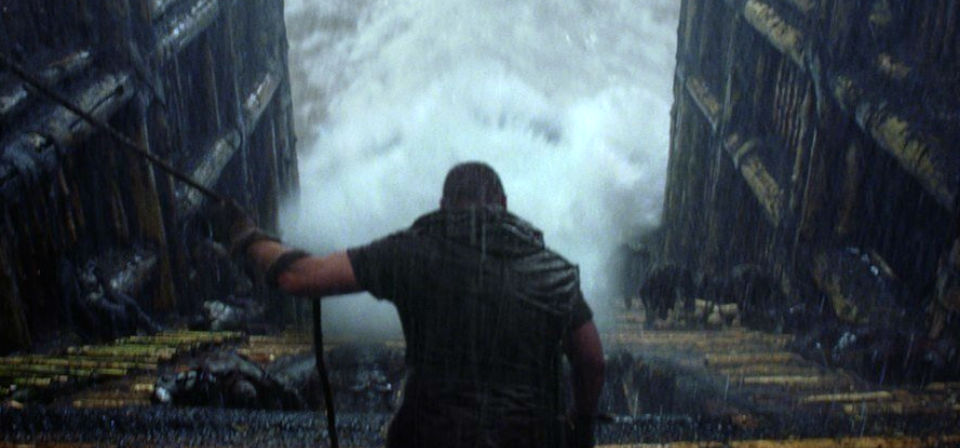
The Noah controversies: questions and answers
The punning headlines write themselves: “Noah Awash in Flood of Controversy.” “Deluge of Criticism Inundates Filmmakers.” In the weeks preceding the release of Noah, controversy has swirled around the film — and will no doubt continue to do so in the weeks ahead.
Interview: Noah Writer-Director Darren Aronofsky and Co-writer Ari Handel
In a way, the figure of Noah stands over filmmaker Darren Aronofsky’s whole career.

Everybody chill out about the Noah movie
So what’s the deal with the Noah movie? Does it replace the message of the Bible story with a message created by Hollywood? Is Russell Crowe’s Noah an environmentalist wacko? Is God a monster out to eradicate humanity entirely? Get a grip, people.

So, how Christian is Disney’s Frozen?
I’ve been surprised at the popularity of efforts to interpret major story elements in Frozen as a Christian parable … rivaling or even surpassing C. S. Lewis’s The Lion, the Witch and the Wardrobe.
2013: The year in reviews
2013 was a year of cinematic trauma and stress, full of harrowing, at times also exhilarating, survival stories, many on the abyss of the sea or even the void of space.
Exorcism in the Movies
In a way, The Exorcist is a pivotal film — the indispensable link between the Catholic-inflected piety of Golden Age Hollywood and the demonic world of latter-day horror.
The Virgin Mary at the Movies
Mary of Nazareth, now touring North America in isolated screenings hosted by Ignatius Press, is the latest in a number of Gospel films over the last couple of decades focusing in a special way on the role of the Blessed Virgin in the Gospel story.
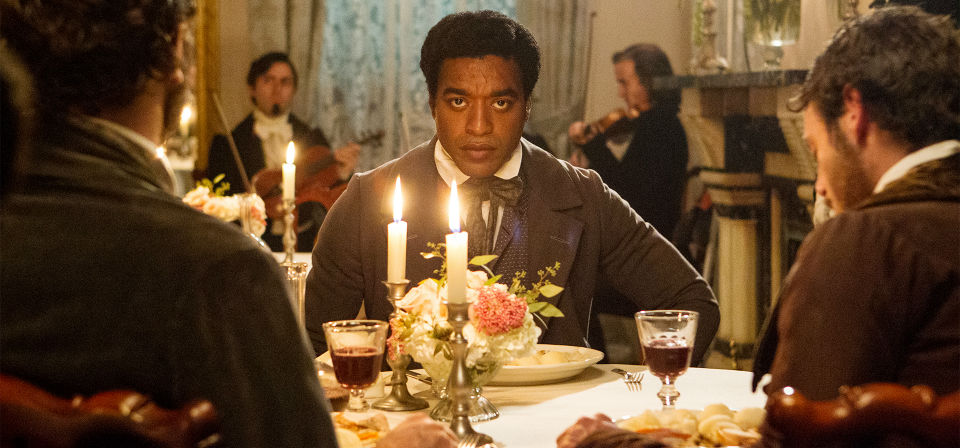
The Untold Story of Slavery? Why 12 Years a Slave is Essential
I can’t believe I never realized it until now, but I can’t think of another fact-based motion picture about the slave experience in America — that is, a movie about slavery in the United States told from the point of view of actual, historical slaves, many of whose stories were published by abotionists prior to the Civil War and by civil rights activists after it.
Over the Rainbow: The Wizard of Oz Turns 75
So many songs about rainbows and what’s on the other side? What was Kermit talking about? There’s only one song like that … and one movie that embodies the childhood magic Jim Henson wanted to evoke.
The Summer’s Best-Kept Secret: From Up on Poppy Hill
Co-written by Ghibli co-founder Hayao Miyzaki and directed by his son Goro Miyazaki (Tales From Earthsea), From Up on Poppy Hill is a gently naturalistic departure from the high-flying fantasy for which the studio is best known.
So Long! Farewell!
I enjoyed reviewing movies this summer far more than I enjoyed the movies themselves — and perhaps my readers enjoyed the reviews more than the movies as well.
Big Brother on the Big Screen
Have Hollywood movies been softening us up for NSA-style surveillance?
SDG’s Very, Very Little Movie Glossary
This little essay is barely a footnote to Ebert’s book. Still, in the dozen or so years that I’ve been writing movie reviews, I’d like to think I’ve come up with a few witty, possibly even useful terms — Everything Movie, Medieval Grunge and Mythology-Bound among them — that might contribute to movie discussion.
Recent
- Crisis of meaning, part 3: What lies beyond the Spider-Verse?
- Crisis of meaning, part 2: The lie at the end of the MCU multiverse
- Crisis of Meaning on Infinite Earths, part 1: The multiverse and superhero movies
- Two things I wish George Miller had done differently in Furiosa: A Mad Max Saga
- Furiosa tells the story of a world (almost) without hope
Home Video
Copyright © 2000– Steven D. Greydanus. All rights reserved.